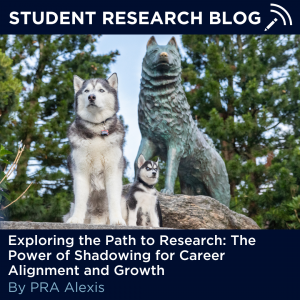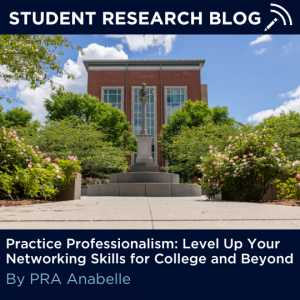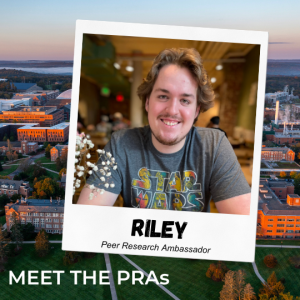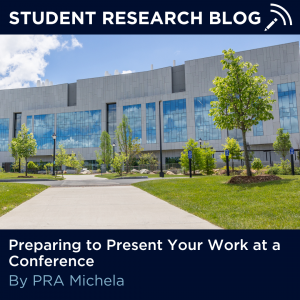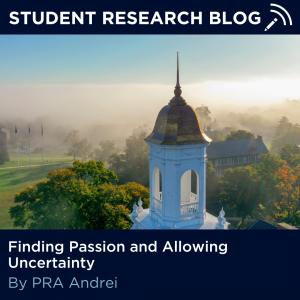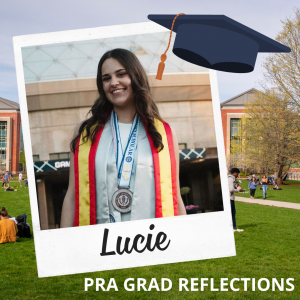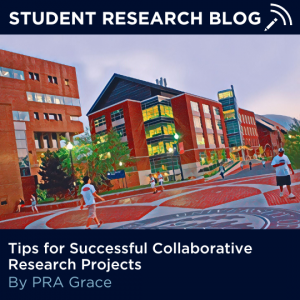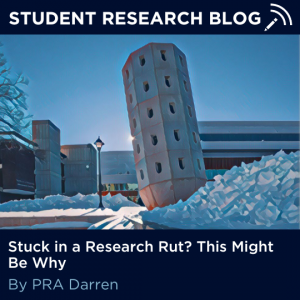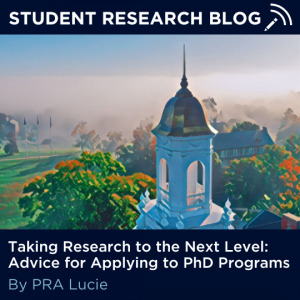By Riley Beckham, Peer Research Ambassador
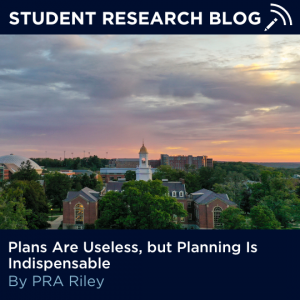 Dwight Eisenhower, 34th President of the United States and Supreme Commander of Allied forces in Europe during WWII, is considered by many to be one of the greatest strategic thinkers of the 20th century. As the mastermind behind D-Day, the Allied invasion of Western Europe, Eisenhower was a shrewd planner who was determined to account for all possible contingencies. Yet, when reflecting on his experiences in the Army many years after the war, he is quoted as saying “Plans are useless, but planning is indispensable”.
Dwight Eisenhower, 34th President of the United States and Supreme Commander of Allied forces in Europe during WWII, is considered by many to be one of the greatest strategic thinkers of the 20th century. As the mastermind behind D-Day, the Allied invasion of Western Europe, Eisenhower was a shrewd planner who was determined to account for all possible contingencies. Yet, when reflecting on his experiences in the Army many years after the war, he is quoted as saying “Plans are useless, but planning is indispensable”.
To many of you reading this blog, the above statement may seem paradoxical upon first inspection. After all, if plans are useless, why bother making them? To illustrate the wisdom of Eisenhower’s words, I’d like to use my own experiences as an example.
As a high school graduate in the year 2020, I thought I had my whole life figured out. I thought I had planned out every possible contingency, thought of every path laid out ahead of me and narrowed down everything to the ultimate way forward. I was gonna go to college, graduate on time, get a nice stable job, then go on with my life from there. Everything would be simple and straightforward. Not easy, surely. But simple. Continue reading
